Surrogacy Laws & Process in New Mexico

Understanding the Surrogacy Process in New Mexico
New Mexico’s law neither explicitly authorizes nor prohibits gestational surrogacy agreements. The key statute, N.M. Stat. Ann. 40-11A-801, states that gestational agreements are neither expressly permitted nor forbidden.
As a result, courts and vital records practice in New Mexico support parentage for intended parents in many scenarios, proceeding under the Uniform Parentage Act (UPA). In these cases, the guiding principles for determining parentage are intent and consent.
In practice, New Mexico courts do issue pre-birth orders in many surrogacy cases. With proper coordination, initial birth certificates can now list both intended parents, rather than the gestational carrier as the mother, which had been the case previously.
Families in New Mexico, regardless of configuration, are required to have written surrogacy agreements. Independent counsel must be provided for all parties, along with medical and mental health screenings. These measures comply with the requirements for parentage determination and align birth records with intended parentage.
Pre-Birth Parentage Orders in New Mexico: Legal Recognition Before Birth
New Mexico courts grant pre-birth orders, and judges have the discretion to sign stipulated orders without a hearing. If a hearing is set, judicial discretion governs whether the intended parents must appear or if their attorney can represent them.
Venue for these petitions may be determined by the county where the child is born, the intended parents’ residence, or the child’s temporary location at the time of the filing. Historically, results could vary significantly by venue, but there has been a trend toward consistency as court filings align with current practice under the New Mexico Parentage Act.
Married heterosexual couples
These couples are commonly recognized pre-birth when using their own or donor gametes, provided the necessary filings and stipulations are in place.
Unmarried heterosexual couples
These couples are frequently eligible for pre-birth orders, though some judicial discretion may cause variability. When donor gametes are used, the process generally follows the same steps and filings as married couples.
Married same-sex couples
Married same-sex couples are supported through the pre-birth process, and their final birth certificates reflect both intended parents, following the New Mexico Parentage Act guidelines.
Unmarried same-sex couples
These couples can also obtain pre-birth orders with proper filings. While venue differences have historically been an issue, these are now narrowing as the courts align with current procedures.
Single intended parents
Pre-birth orders are possible. However, results are less predictable due to public policy concerns about replacing the gestational carrier on the initial birth certificate without a second parent.
No genetic link for either parent
Pre-birth orders are commonly available for couples, although variability can still occur. This is reducing as the courts adopt more consistent procedures under the New Mexico Parentage Act.
Legal Procedures and Timeframes
Kansas typically processes pre-birth parentage orders through a legal hearing. However, the intended parents do not always need to attend the hearing, though their legal representation must be present. Pre-birth orders are possible even if neither the intended parents nor the surrogate resides in Kansas, as long as there is a significant connection to the state.
The state’s vital records department will honor a pre-birth order from another state, but the order must be registered as a foreign judgment. This allows Kansas to issue the birth certificate accordingly.
The typical time frame to obtain a birth certificate after delivery is around 2-3 weeks, though expedited processing is sometimes available to shorten this to 7-10 business days.
Explore the Carrying Dreams Surrogacy Heatmap
Compare New Mexico’s neutral statute and court-backed pre-birth practice with neighboring light-green jurisdictions, then review venue choices and timelines on our heatmap.
If you have any inquiries about the surrogacy laws & process in New Mexico, feel free to contact us today.

